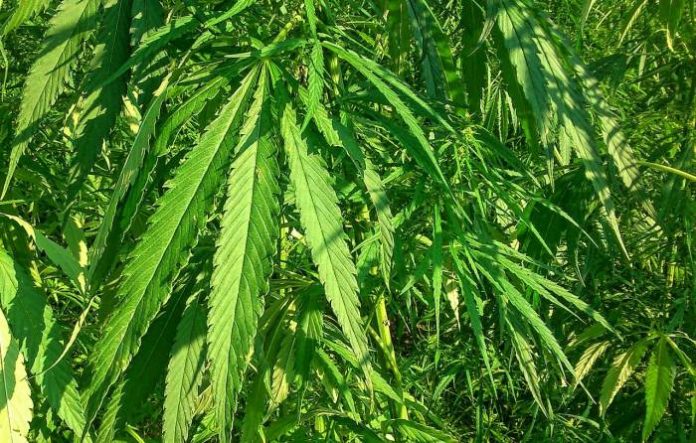By Steven Gothrinet
Source: hempgazette.com

Australia’s CSIRO will be hosting the Australian Industrial Hemp Conference in the Victorian city of Geelong between 28th February to 2nd March 2018.
It’s an exciting time for the hemp industry in Australia, particularly with the recent lifting of a ban on the sale of hemp seeds for food.
The conference is being held to promote networking, collaboration and a better understanding of Australian research initiatives and those overseas relating to industrial hemp production, processes and products.
The CSIRO’s Dr. Stuart Gordon is heavily involved in the conference. Dr. Gordon is a Principal Research Scientist in CSIRO Manufacturing’s Advanced Fibre and Chemical Industries Program and leads a Victorian initiative to raise the profile of industrial hemp production and processing.
The CSIRO has put out a call for interested parties to get involved in the event, which it says is perhaps a once in a lifetime opportunity to help build the foundations of Australia’s industrial hemp industry.
“We need your help, by participating in the event, either as a sponsor, presenter (sessions will be based around crop production, seed processing and products, and fibre and hurd processing and products), exhibitor and/or attendee. This conference is an opportunity to present your research and experience in industrial hemp production, product processing or business planning.”
A venue for the event is yet to be announced. More details can be viewed here.
Another big hemp-related event to occur in Australia very soon is the Hemp, Health & Innovation (HHI) Expo, to be held on the second and third of December in in Melbourne.
The availability of hemp seed foods in Australia earlier this month caused quite a stir in the media, with announcements of all sorts of products being available, from beer to bread. Seeds being sold at a retail level must be non-viable and had their outer coating removed (hulled).
Industrial hemp’s potential extends far beyond food applications – it can be used in myriad applications, including textiles, biofuels, building materials and cosmetics. It’s also a source of cannabidiol, a non-psychoactive compound prized for its potential medical benefits.
As industrial hemp is very low in the psychoactive compound tetrahydrocannabinol, regulatory issues really shouldn’t be such an issue – but hemp is still unjustly linked to marijuana, which creates regulatory barriers.
No comments:
Post a Comment